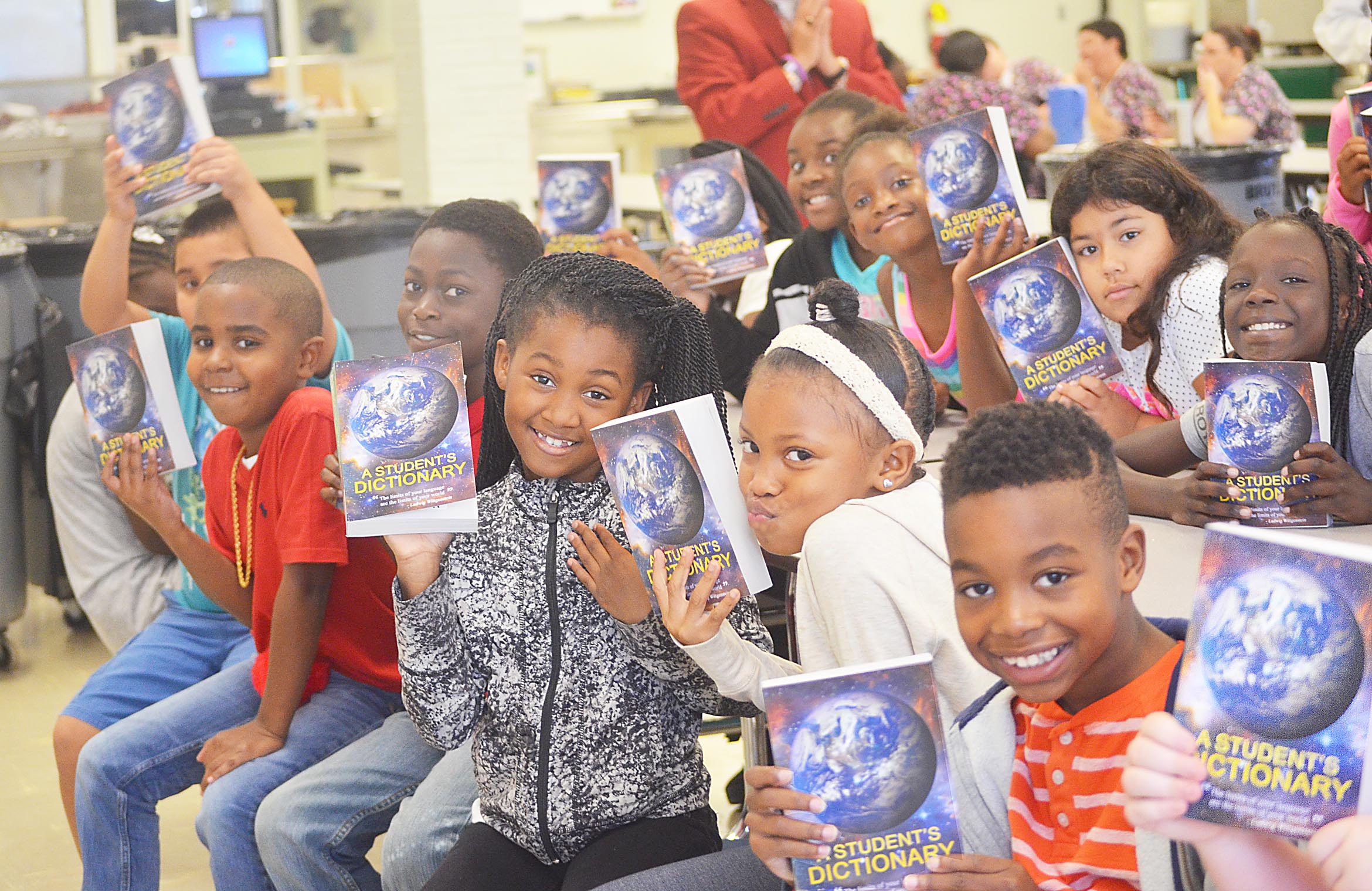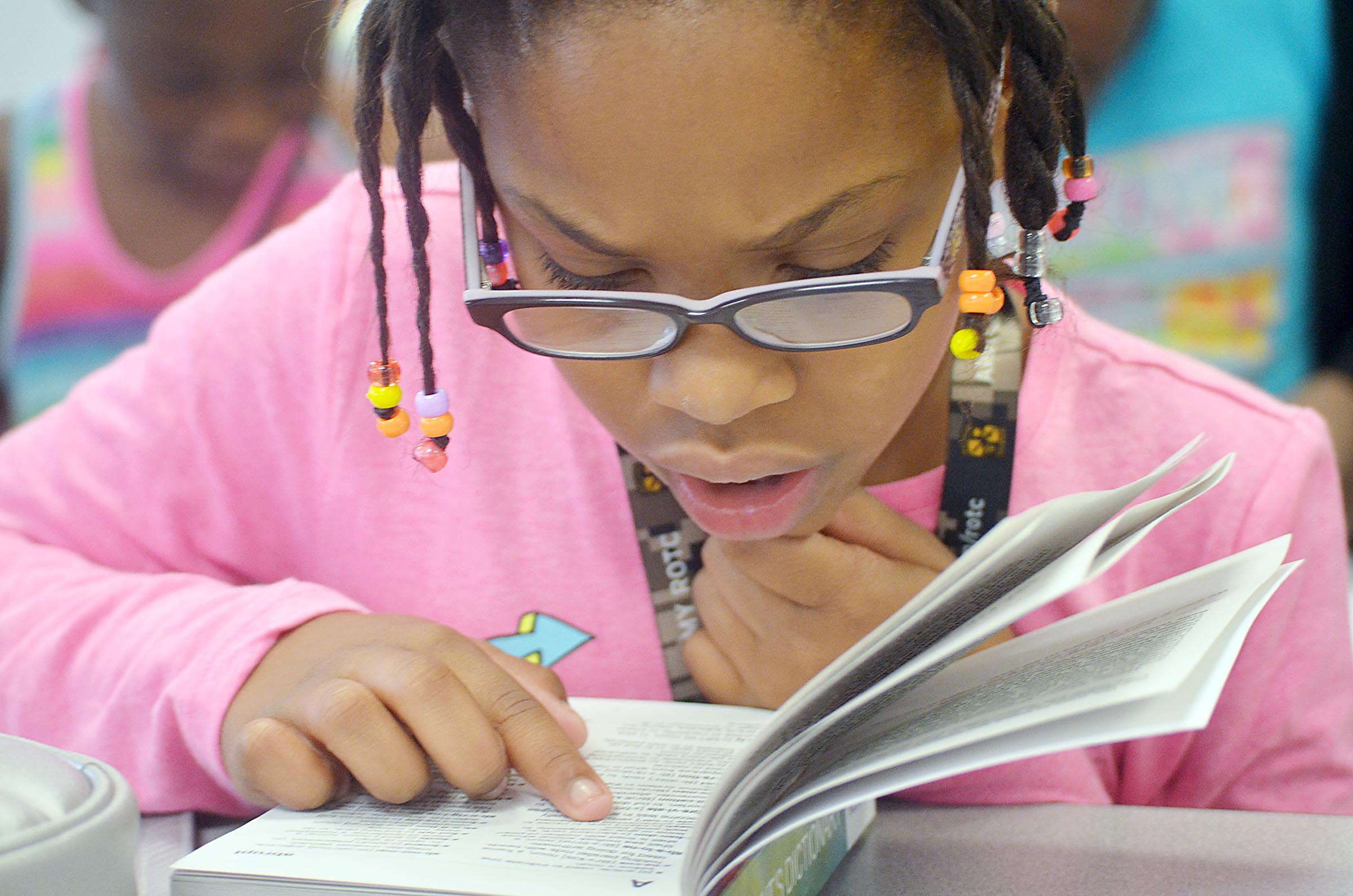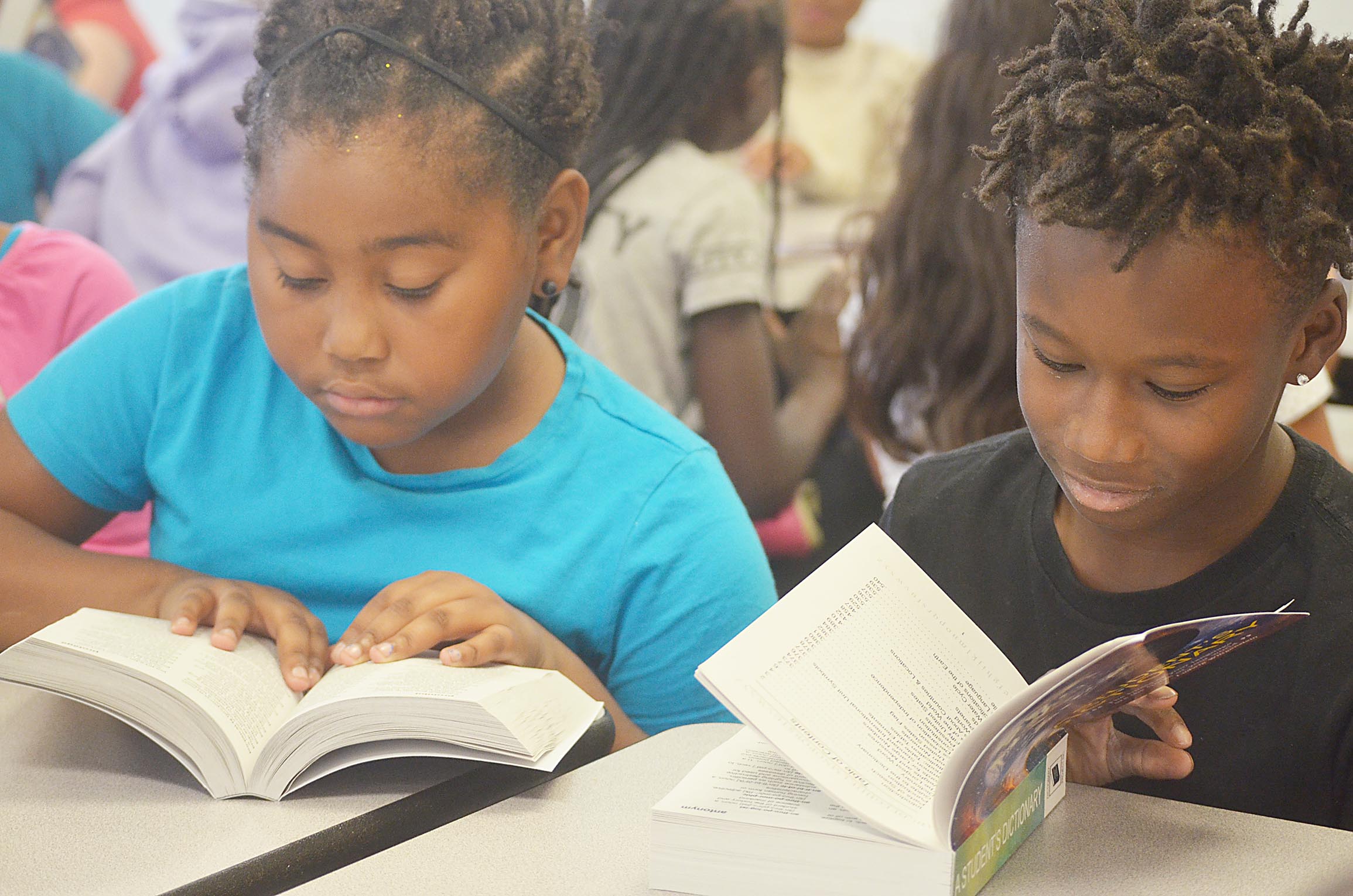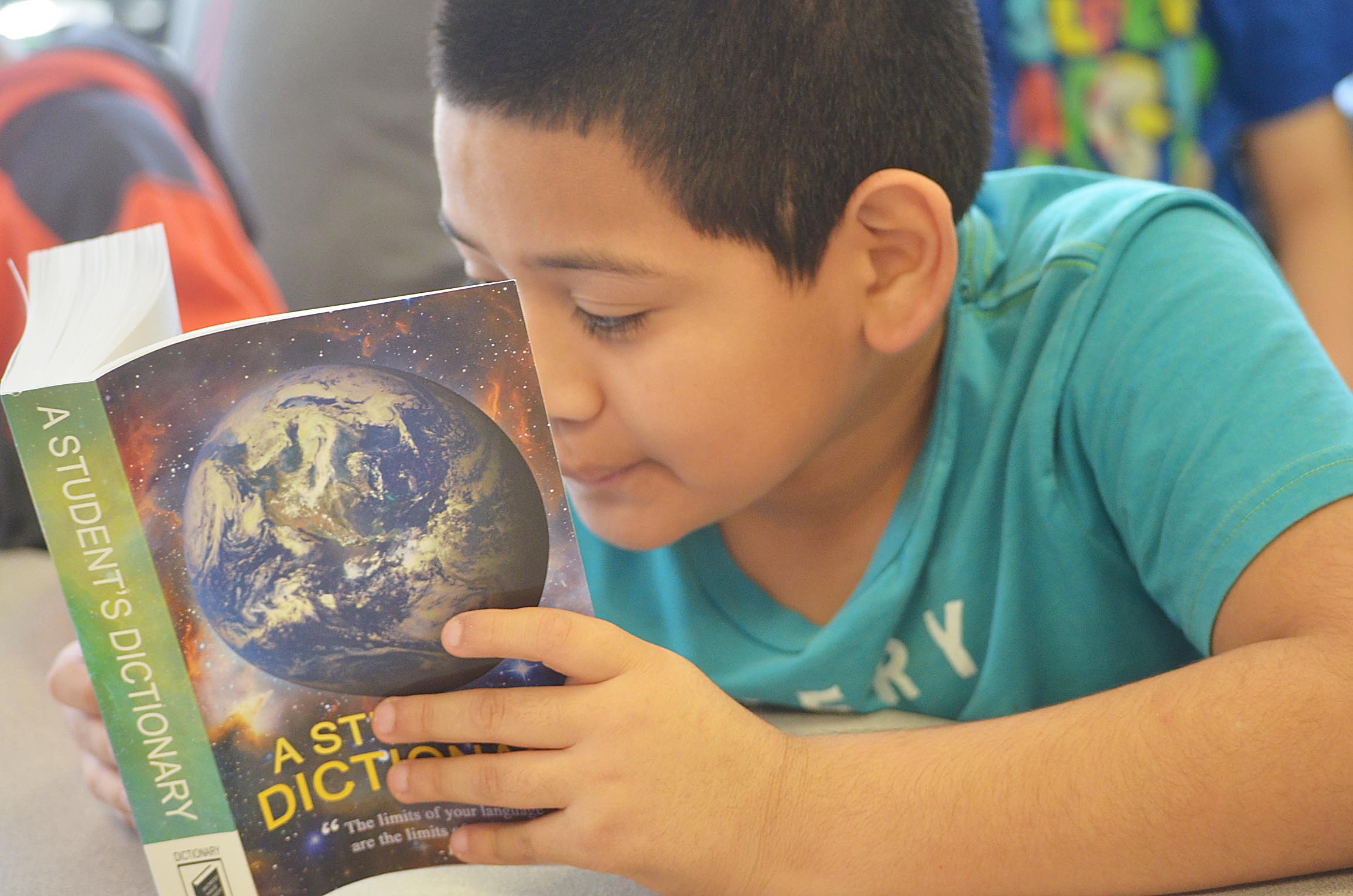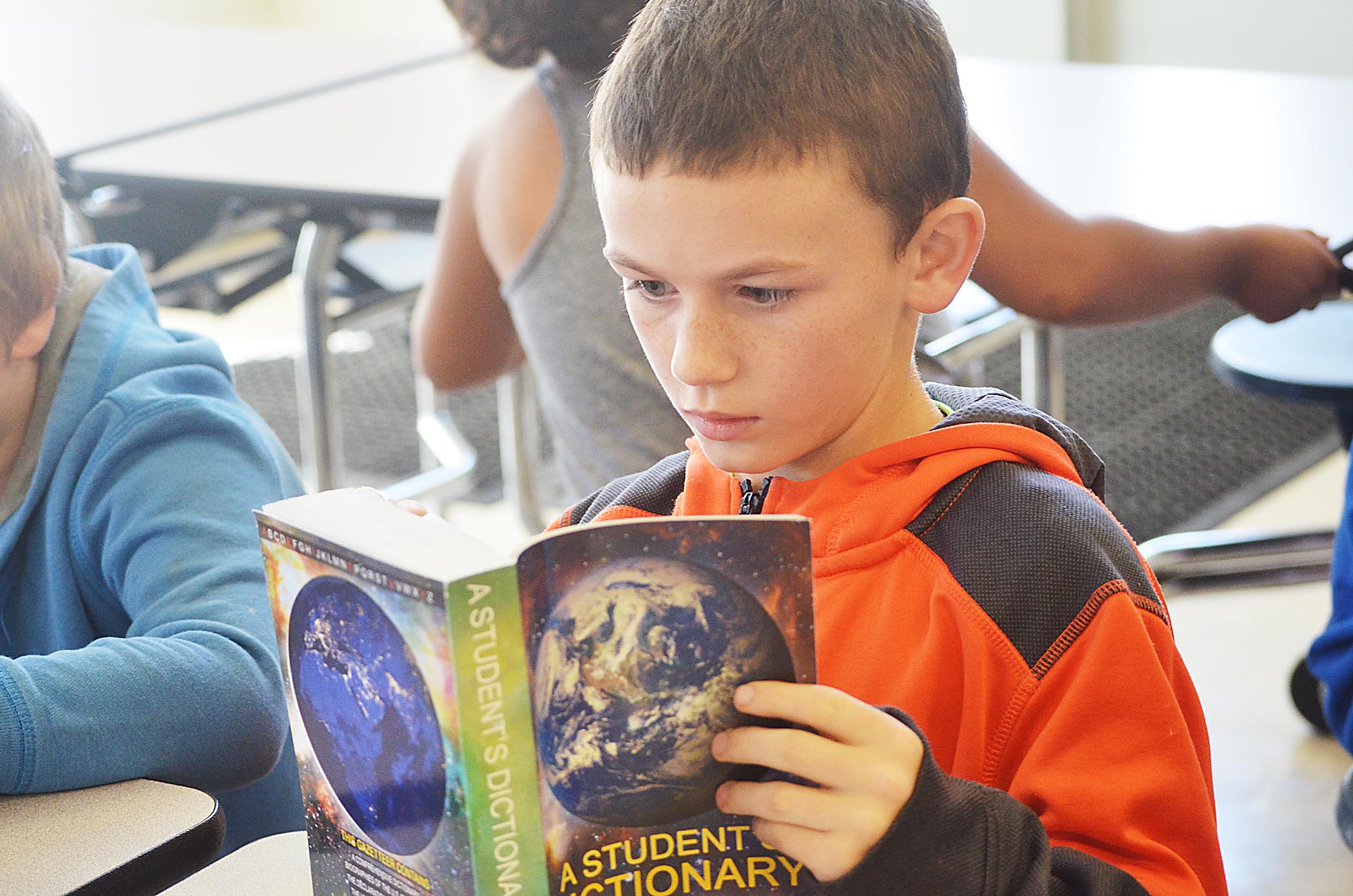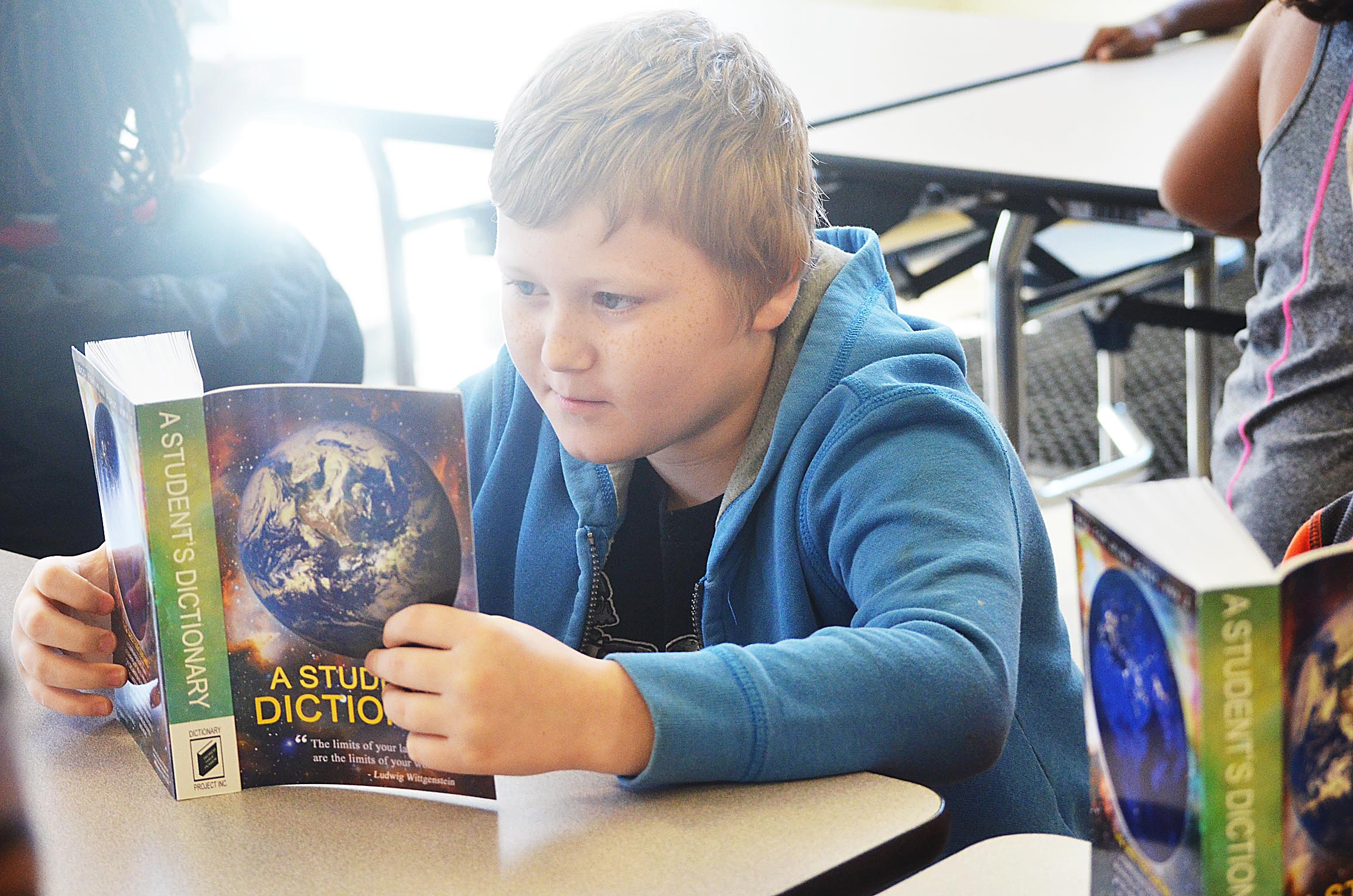LIVE TO LEARN: Brundidge Rotary Club donates dictionaries to PCES students
Published 4:00 am Tuesday, October 24, 2017
The Brundidge Rotary Club presented dictionaries to third grade students at Pike County Elementary School Monday morning as part of the club’s continuing Dictionary Project.
Rotarians Jimmy Ramage, Isabell Boyd and Moses Davenport distributed the paperback dictionaries to about 75 students whose smiles expressed their appreciation for the dictionaries even before their collective, “thank you.”
Ramage said Rotarians across the country participate in the Dictionary Project and it has been a longtime project of the Brundidge Rotary Club.
“The Charles Henderson Child Health Center in Troy is participating in the Dictionary Project with us this year,” Ramage said. “The Brundidge Rotary Club will also present dictionaries to third graders at Banks, Goshen and Pike Liberal Arts.”
Ramage said dictionaries provide young students with yet another stepping stone to bright and successful futures.
“Every year the Brundidge Rotary Club awards four or five scholarships to local seniors to four-year and community colleges and trade schools,” he said. “Study and work hard so you will be eligible to apply for Rotary scholarships when you graduate.”
PCES third grade teachers, Ashley Johnston, Jan Rhodes, Chris Saffold and LaToniya Foster, said their students were excited to have dictionaries of their own. They, too, thanked the Brundidge Rotary Club for its interest in and support of the local schools through the Dictionary Project.
“The dictionaries help the students with spelling, reading vocabulary and the development of vocabulary skills,” Johnston said. “As these skills are developed, the students will also improve their test taking abilities.”
Tracie Arnold, PCES principal, expressed appreciation to the Brundidge Rotarians and the Charles Henderson Child Health Center for the generous donation and for their interest in the children of Pike County.
Arnold said, even in today’s technological world, children need their own dictionaries to develop their writing and reading skills and become resourceful learners.
“These paperback dictionaries can give students access to information they need to be successful in school,” Arnold said. “I refer to today’s world as the Microwave Society because we expect things right when we want them. We have computers at school and many of our students have access to cell phones. But these dictionaries are hands-on and provide them with another way to learn and another opportunity to be successful in school and in life.”


